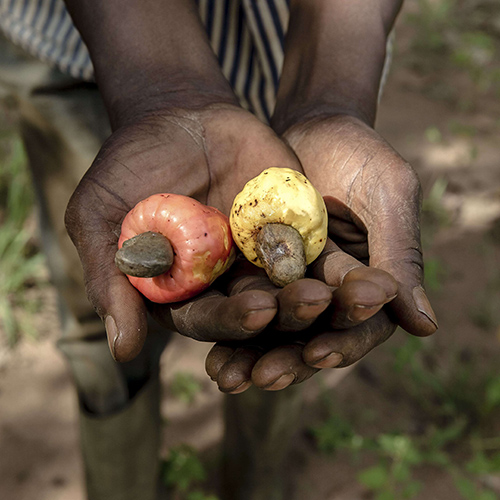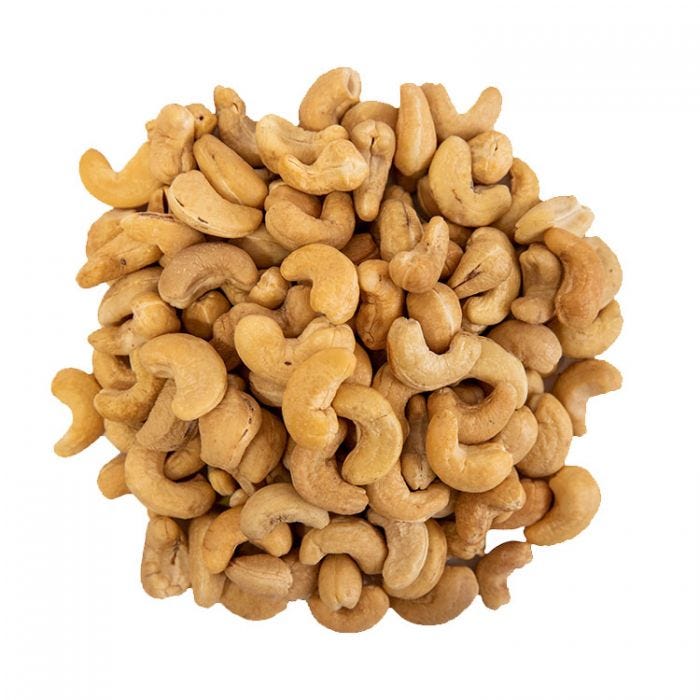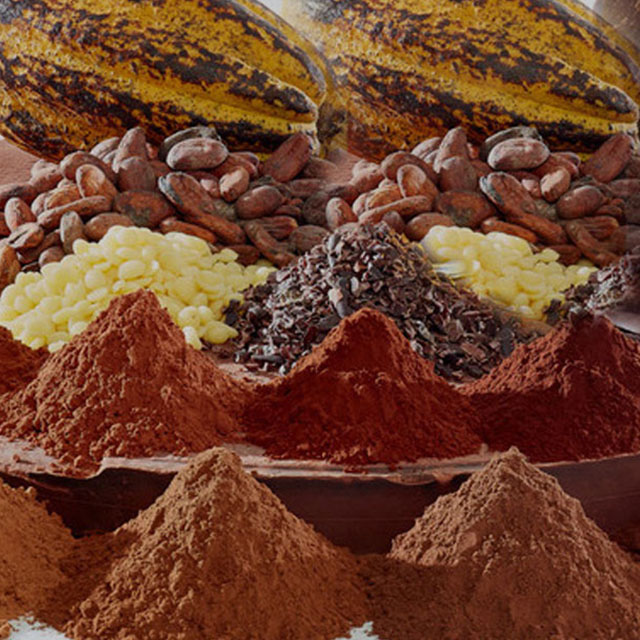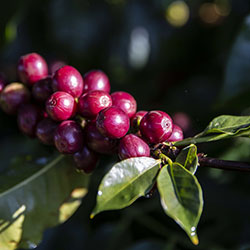Côte d’Ivoire grows 40% of the world’s cocoa, making it the top producing country globally.
ofi established a cocoa trading business in CDI in 1997, today we have the largest procurement network for sustainable cocoa in the country and are the second-largest exporter of cocoa by volume.
We are a member of the Cocoa Livelihoods Programme and the African Cocoa Initiative, and a founding member of Cocoa Action to promote productivity and develop communities. In addition to the support of communities, we also seek to protect the environment, as such we are one of the 12 signatories of the Cocoa and Forests anti-deforestation agreement coordinated by WCF.
Our extensive infrastructure includes five bean cleaning and bagging facilities and 16 warehouses. We have two state-of-the-art grinding facilities, one in San Pedro and one in Abidjan, producing cocoa liquor, butter, and cake.
Read more about our global cocoa business here, and our Cocoa Compass which maps our sustainability goals and activities here.
Côte d’Ivoire has quadrupled its crop size to 700,000 MT in the last 10 years, making it the largest cashew producing and exporting country in Africa. It is also one of the largest suppliers of Organic and Fairtrade cashew kernels in the world.
Established in 1994, our cashew business is the market leader for trading. Our supplier base exceeds 35,500 partner farmers and 200 traders, of which 31,000 are supported through sustainability programmes. We have pioneered linking farmers to a guaranteed market and improving traceability for our customers with the support of our in-house digital team.
Our infrastructure includes 3 processing facilities in Bouaké, Dimbokro and Djekanou which provide jobs to more than 4,000 workers (of whom more than 70% are women), two factories, 12 satellite units, 15 warehouses, and nine offices. Our “Sustainable Cashew Growers Programme” links farmers from over 350 villages to the factories and has been a 2013 finalist at the Guardian Sustainable Business awards in the supply chain category.
Read more about our global cashew business here, and our sustainability initiatives here.
Through our strong trading network, we buy around a third of the country’s 120,000 MT of Robusta and are the largest exporters to North Africa, Europe and Asia.
One of our desired sustainability outcomes is to help farmers and food systems prosper. Our supplier base includes approximately 13,000 partner farmers and 144 cooperatives, many of whom receive direct farmer training from ofi.
In addition, we have launched a project to rejuvenate the coffee plantations and distributed over 2,000 hectares of high-yielding coffee seedlings, 60% of which are productive. We finance post-harvest infrastructure including 120 hulling machines.
We are the first 4C-verified coffee exporter in Côte d’Ivoire - an independent verification that our supply chain is sustainable.
Our infrastructure includes a factory, seven warehouses and marketing offices, and two laboratories.
Read ofi news
By Andrew Brooks, Head of Cocoa Sustainability, olam food ingredients (ofi)
This week, the world’s attention turns to a heavy burden that can damage a child’s Health and Education: child labour. In ofi's cocoa business, we are focused on solving this problem every day.
Most child labour in cocoa relates to children carrying out hazardous tasks on the family farm, distinct from the much rarer issue of forced labour, and has no one cause. Labour laws can be misunderstood, and schools might be located far away. Even if there is a school nearby, children may not have the documents they need to enrol. When combined with rural poverty, many parents think their child’s time is best spent helping on the farm. And now, these cocoa-growing communities are also battling a global health pandemic.
We’re working to tackle each of these challenges in turn. Under our Cocoa Compass sustainability ambition, we aim to completely eradicate child labour from our direct supply chain by 2030 and ensure farmers’ children can access the education they are entitled to. In 2020, we reached the critical milestone of rolling out child labour monitoring across 183,000 households in nine countries.
There is still a lot to do, and collaboration with our customers, national governments, and civil society is essential. For example, we recently asked the Fair Labor Association (FLA) to assess the extent to which cocoa farmers and their families have benefited from our sustainability programmes in Côte d’Ivoire, their perception and satisfaction with these interventions, and help to refine our approach further.
Using a due diligence methodology called Social Impact Assessment, the FLA collected extensive data and interviewed over 450 people from ten cocoa communities, including women and children. It found that of all our efforts to tackle child labour, the setting up of child labour monitoring and remediation and enabling access to education are the most advanced and have the most significant impact.
It also revealed that over two-thirds of those interviewed think child labour is on the decline in their community, and 80% believe that the interventions by ofi and our partners are contributing to protecting children.
There are areas for improvement. The FLA suggested we provide additional support to help farmers access affordable labour. And ensure greater follow-up with Village Savings and Loans Associations to maximise their ability to promote child protection.
We know that combining our efforts through multi-stakeholder partnerships, championed by local and regional governments, and supported by international finance institutions, is the best way to create the kind of long-term systemic change needed to reach universal school attendance
and graduation for children in cocoa communities.
This World Day Against Child Labour reminds us that if we want to put children first in cocoa, we must be open to testing new approaches and adapting our efforts based on what works best. The future of a cocoa generation is at stake if we don’t.











